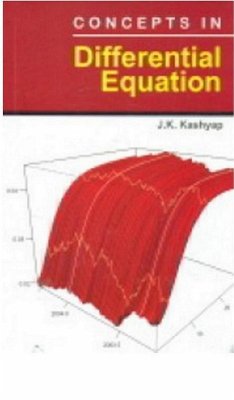Differential equations play an important role in modelling virtually every physical, technical, or biological process, from celestial motion, to bridge design, to interactions between neurons. Differential equations such as those used to solve real-life problems may not necessarily be directly solvable, i.e. do not have closed form solutions. Instead, solutions can be approximated using numerical methods. Mathematicians also study weak solutions (relying on weak derivatives), which are types of solutions that do not have to be differentiable everywhere. This extension is often necessary for solutions to exist, and it also results in more physically reasonable properties of solutions, such as possible presence of shocks for equations of hyperbolic type. The study of the stability of solutions of differential equations is known as stability theory. There are very few methods of explicitly solving nonlinear differential equations; those that are known typically depend on the equation having particular symmetries. Nonlinear differential equations can exhibit very complicated behaviour over extended time intervals, characteristic of chaos. Even the fundamental questions of existence, uniqueness, and extendability of solutions for nonlinear differential equations, and well-posedness of initial and boundary value problems for nonlinear PDEs are hard problems and their resolution in special cases is considered to be a significant advance in the mathematical theory. The contents conform to the specified syllabi and are so structured as to enable the students to move easily from the fundamental to the complex. It is our earnest hope that his book will be of great value to all our students.
Dieser Download kann aus rechtlichen Gründen nur mit Rechnungsadresse in A, B, BG, CY, CZ, D, DK, EW, E, FIN, F, GR, HR, H, IRL, I, LT, L, LR, M, NL, PL, P, R, S, SLO, SK ausgeliefert werden.









